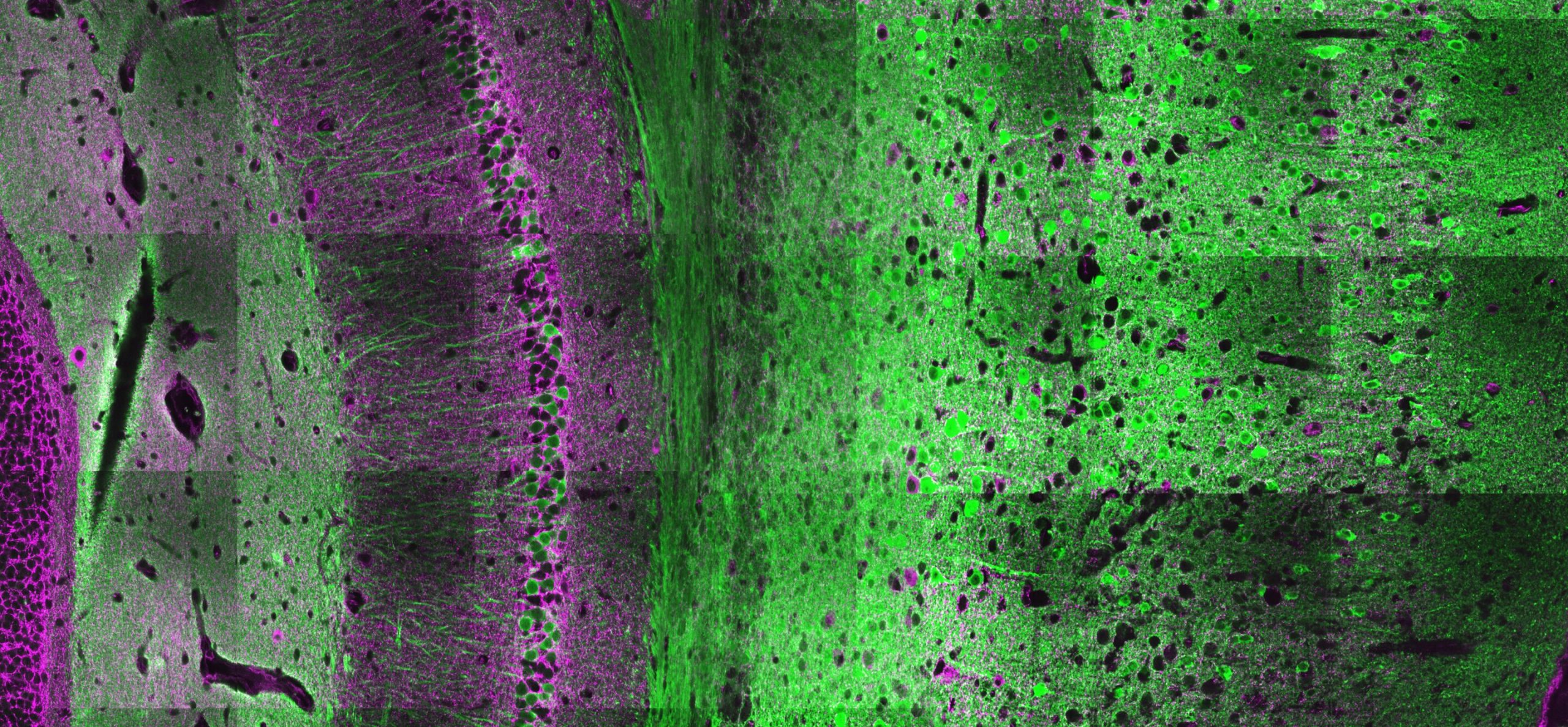
A new study, conducted in a shared effort between U.K. and Italian researchers offers novel insights about the biological mechanisms behind major depressive disorder (MDD), and especially on the role of the immune system.
The study specifically analyzed “gene expression,” the process by which the instructions that are held in our genes are expressed, influencing bodily functions. The work is published in the journal Molecular Psychiatry.
Approximately 1 in 3 people with depression have high levels of inflammation, an activation of the immune system, our body’s defense against potentially harmful stimuli, such as infections. During stress, inflammation is activated to effectively fight threats, and it is likely the reason that the immune system is activated in depression, which is a condition of chronic stress.
Individuals with depression and inflammation present a greater risk of not responding to standard antidepressants, and they might benefit from additional treatments targeting the immune system, such as anti-inflammatories. Thus, understanding the biological mechanisms underpinning this increased inflammation could also shed light on ways to help people with depression, especially those who do not respond to standard antidepressants.
“In depression, as in almost every medical condition, one size does not fit all. Understanding the diversity of people with depression means also recognizing the different biological patterns in action. As the field of precision medicine advances, psychiatry must keep pace,” says Dr. Luca Sforzini, King’s IoPPN.
Researchers used a technology called “mRNA sequencing” to measure the activity of all the genes expressed in the blood. The study found that individuals with depression who had increased levels of inflammation showed increased activity of genes linked with the immune system and with metabolic activity.
The study found that even with moderately increased inflammation, there is a significant activation of immune-related genes. People with depression and very high levels of increased inflammation have additional activation of genes involved in metabolic processes, that is, related to how we produce, consume and store energy, relevant, for example, to fat and sugar functions in the body.
“With gene expression, we might capture something different from what is clinically observable, something ‘intermediate’ between what’s encoded in our genes and what is ultimately manifested. Such research might therefore help to fully understand the biology of depression,” says Professor Annamaria Cattaneo.
In the study, the researchers also identified a specific gene expression profile in individuals who had effectively responded to an antidepressant, with changes in biological mechanisms relevant not only to inhibition of the immune function but also to the protection of the brain, suggesting that these biological processes may play a role in these people’s recovery from depression and in the way antidepressants work.
Overall, the present study demonstrates the importance of gene expression in understanding the biology of depression and of antidepressant actions. Our genes and their associated biological patterns might explain the differences between different types of depression, such as those who do or do not respond to standard antidepressants, or those who do or do not develop medical comorbidities like diabetes and cardiovascular problems.
“Our research highlights the need to understand the biological basis of different types of depression, shifting away from the traditional approach, towards more targeted and personalized approaches,” says Professor Carmine Pariante.
More information:
Luca Sforzini et al, Transcriptomic profiles in major depressive disorder: the role of immunometabolic and cell-cycle-related pathways in depression with different levels of inflammation, Molecular Psychiatry (2024). DOI: 10.1038/s41380-024-02736-w
Citation:
Research reveals gene expression’s role in depression and immunity (2024, October 4)
retrieved 5 October 2024
from https://medicalxpress.com/news/2024-10-reveals-gene-role-depression-immunity.html
This document is subject to copyright. Apart from any fair dealing for the purpose of private study or research, no
part may be reproduced without the written permission. The content is provided for information purposes only.



